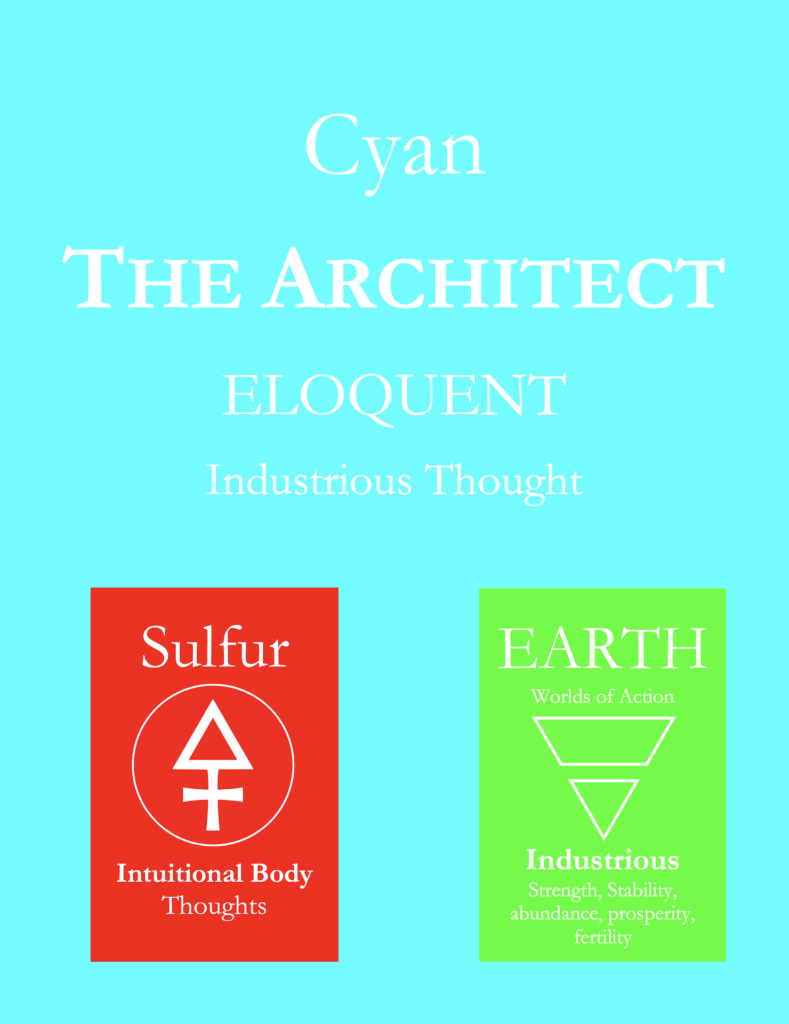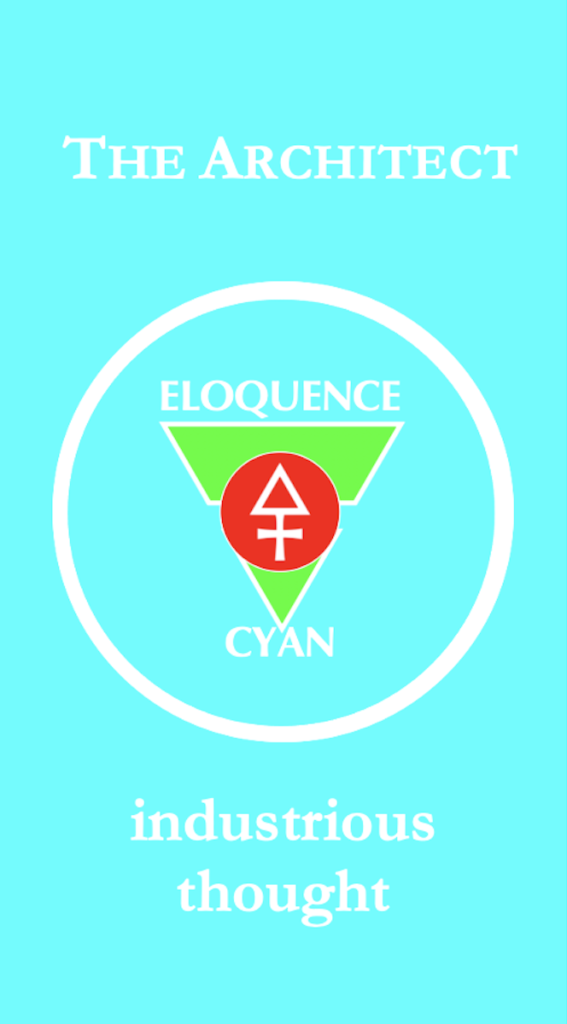Cyan
The Architect
Architects, designers of buildings and spaces, possess a unique blend of attributes and skills that enable them to envision, plan, and create structures that are functional, aesthetically pleasing, and sustainable. Here are the key attributes of an architect:
- Creativity and Design Sensibility: Architects exhibit a high degree of creativity and design sensibility, able to conceptualize innovative and visually striking architectural solutions that address the functional and aesthetic needs of clients and users.
- Technical Proficiency: Architects possess a strong foundation in architectural theory, principles, and technical knowledge, including structural engineering, building materials, construction techniques, and building codes and regulations. They leverage their technical expertise to translate design concepts into detailed architectural plans and specifications.
- Spatial Awareness and Visualization: Architects have a keen spatial awareness and the ability to visualize three-dimensional spaces and forms. They use architectural drawings, sketches, and digital modeling tools to communicate their design ideas and concepts effectively to clients, collaborators, and stakeholders.
- Problem-solving Skills: Architects are adept problem solvers, capable of analyzing complex design challenges and developing creative solutions that balance functional requirements, aesthetic considerations, budget constraints, and environmental sustainability goals.
- Attention to Detail: Architects pay meticulous attention to detail in all aspects of the design and construction process, ensuring precision and accuracy in architectural drawings, specifications, and construction documentation.
- Collaboration and Communication: Architects excel in collaboration and communication, working closely with clients, engineers, contractors, and other stakeholders to translate project requirements into cohesive architectural designs. They listen actively, articulate ideas clearly, and foster open dialogue and mutual understanding throughout the design and construction process.
- Sustainability and Environmental Consciousness: Architects prioritize sustainability and environmental consciousness in their design practices, seeking to minimize the ecological footprint of buildings and promote energy efficiency, resource conservation, and healthy indoor environments.
- Cultural and Contextual Sensitivity: Architects demonstrate cultural and contextual sensitivity in their architectural designs, taking into account the historical, cultural, and social context of the site and its surrounding environment. They strive to create buildings that resonate with the local culture, heritage, and sense of place.
- Project Management and Leadership: Architects possess project management and leadership skills, overseeing all phases of the design and construction process from initial concept development and schematic design to construction administration and project completion. They coordinate multidisciplinary teams, manage project schedules and budgets, and ensure quality control and compliance with regulatory requirements.
- Lifelong Learning and Professional Development: Architects engage in lifelong learning and professional development to stay abreast of emerging trends, technologies, and best practices in architecture and design. They participate in continuing education programs, attend conferences and workshops, and pursue professional certifications to enhance their knowledge and skills.
By embodying these attributes, architects contribute to the creation of built environments that enrich the lives of individuals and communities, inspire social interaction, and reflect the values and aspirations of society. They play a pivotal role in shaping the physical landscape and architectural heritage of cities and regions, leaving a lasting impact on the built environment for generations to come.





